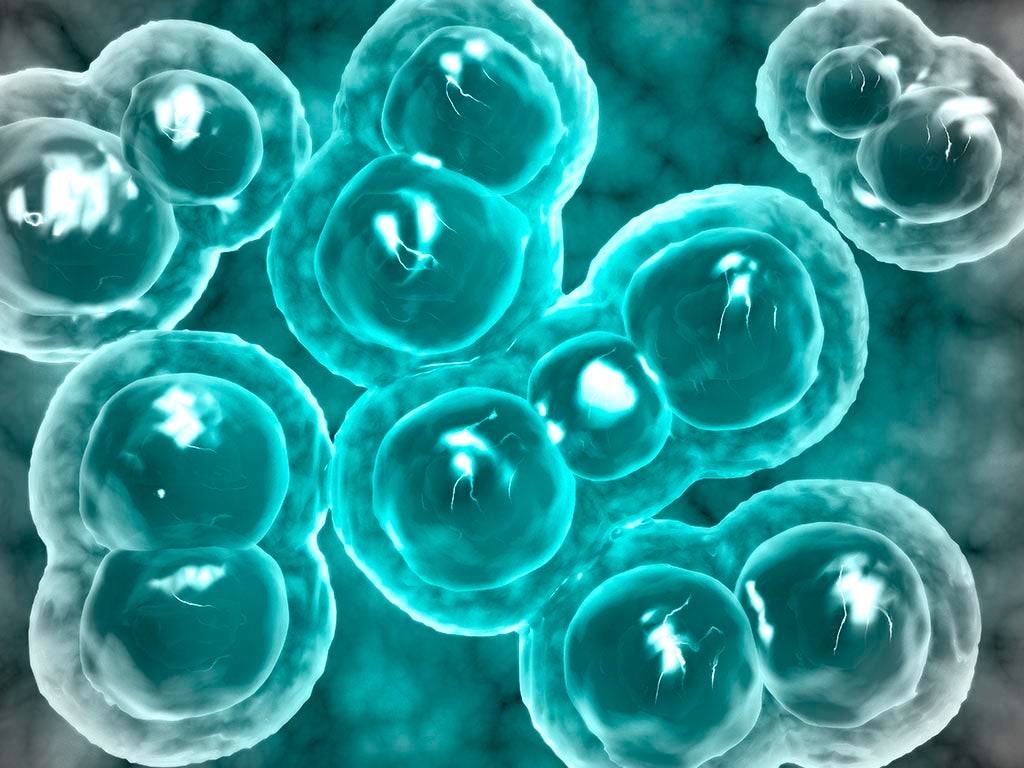AI system could detect infertility in men without semen testing
About 7% of men are affected by infertility around the world

Your support helps us to tell the story
From reproductive rights to climate change to Big Tech, The Independent is on the ground when the story is developing. Whether it's investigating the financials of Elon Musk's pro-Trump PAC or producing our latest documentary, 'The A Word', which shines a light on the American women fighting for reproductive rights, we know how important it is to parse out the facts from the messaging.
At such a critical moment in US history, we need reporters on the ground. Your donation allows us to keep sending journalists to speak to both sides of the story.
The Independent is trusted by Americans across the entire political spectrum. And unlike many other quality news outlets, we choose not to lock Americans out of our reporting and analysis with paywalls. We believe quality journalism should be available to everyone, paid for by those who can afford it.
Your support makes all the difference.Scientists say they have developed an artificial intelligence (AI) system that can predict male infertility risk with about 74% accuracy.
The model works by measuring different hormone levels in the blood sample that are associated with sperm production.
It is also able to predict a severe form of infertility known as non-obstructive azoospermia – where sperm are not present in the semen – with 100% accuracy, the researchers said.
The team believes their AI-enhanced blood test could make screening for male infertility more accessible as it can be used in primary care settings such as GP surgeries without the need for special laboratories.
But Hideyuki Kobayashi, an associate professor in the department of urology at Toho University School of Medicine in Japan, who led the development of the AI model, said this method is only intended to a first screening step for identifying infertility and is “not a replacement for semen testing”.
He added: “In the future, we hope that clinical laboratories and health check-up centres will use our AI prediction model to screen for male infertility, thereby making testing for male infertility more accessible by overcoming hurdles to it.”
About 7% of men are affected by infertility around the world and about half of fertility problems within a heterosexual couple are due to the man, according to the World Health Organisation (WHO).
Semen analysis is used to diagnose male infertility but it is only available in specialist laboratories and can be time-consuming, experts say.

To find out if AI could offer a quicker and easier approach, the researchers looked at data from nearly 4,000 men who underwent semen and hormone testing for male infertility between 2011 and 2020 to develop their AI model.
The tool was then validated using data from 354 men gathered between 2021 and 2022. The research is published in the journal Scientific Reports.
Commenting on the study, Allan Pacey, professor of andrology at the University of Manchester, said that while the study does “a great job” of using AI to help identify men who are infertile, a more simplified approach would be needed in the real-world to reap its benefits.
He said: “One of the first steps in diagnosing male infertility is the analysis of a sample of semen in a specialist laboratory.
“This will involve time off work and another appointment, sometimes at a specialist laboratory some distance away.
“Therefore, the idea that a first stage diagnosis could be done from a blood sample taken by the GP does offer some advantages.
“The authors of this paper have done a great job in applying artificial intelligence to the problem, but their approach would have to be simplified into some kind of app that GPs could use for it to have real world benefit.
“Clearly, the male would have to provide a semen sample for analysis, eventually, but this approach, if confirmed in a larger dataset, could help streamline the process and make it a bit more user friendly.”
Join our commenting forum
Join thought-provoking conversations, follow other Independent readers and see their replies
0Comments